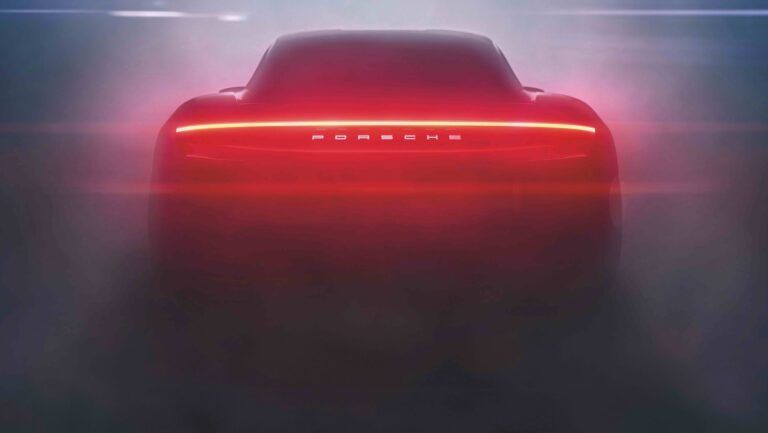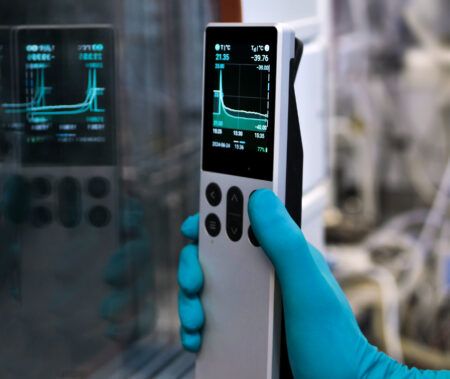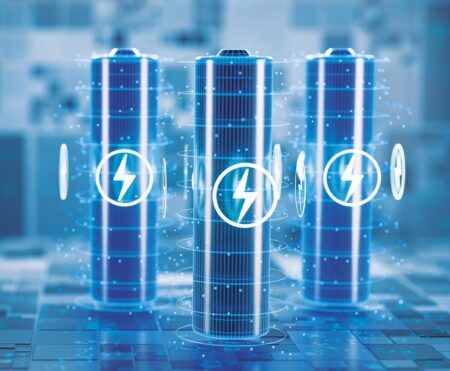Futurist, founder of Future Matters and E&H Vehicle columnist Lars Thomsen explains why the Taycan is so important to Porsche’s electromobility aspirations
We are at a moment when a number of major car manufacturers are bringing their electric vehicles to market – cars such as the e-tron, the EQC, the I-Pace and so on. It is an important time for the industry. I think, for the first time, that car makers are getting serious about electrification – and they need to. They have seen what Tesla has done – and it really is to do with what Tesla has been doing – and how it is capturing a part of the market that could hurt the incumbents.
Until now, most plug-in vehicles, and the fully electric vehicles that the car companies talked about, were kind of a token gesture. They were something that meant a car maker like Porsche, for example, could offer a Porsche with a plug, but didn’t really need to sell the vehicle. It had it in its line-up so that it could say it was on board the electrification train. If you continue to look at Porsche as an example, it is releasing the Taycan, its Mission E vehicle. And this time, it is betting more than €1bn (US$1.1bn) on that car, just on development costs. It is even building a new production facility in Stuttgart for electric vehicles. For the first time, it’s not a line extension, it’s a totally new line, and Porsche has bet too much on it for it not to be a success.
The pressure that companies are putting themselves under is increasing. Some are serious, and some are at the point where they are not sure yet whether electric vehicles will become mainstream. But in just the last few months we have seen several of these mass-market, fully electric vehicles being presented from companies including Mercedes, Audi and Jaguar, and car makers such as Kia are also committing to electric. Particularly in Germany, as far as I can see, following the diesel scandal, a lot of cities are debating whether you should be allowed to drive your diesel car at all. Pressure from the consumer side is rising as well, so demand for electric vehicles is increasing. As part of my job, I talk to a lot of people, and increasingly those who have previously been skeptical about plug-in hybrids or fully electric vehicles are now thinking about whether or not they should buy one, just to be future-proof.
Sometimes it takes a brand that people know to inspire confidence. There are people who are fans of a particular brand, and they have been driving those cars for decades, because they trust them. Just a few days ago I heard that Audi has signed 10,000 pre-orders for the e-tron. That’s a very good sign. It would be much worse if they didn’t (or couldn’t) sell them.
The thing that is really interesting for the industry, and what we are doing research on right now, is that if the demand for electric vehicles rises from 1% or 2% to, let’s say, 10% or 15% within three years – with more attractive models, longer ranges, more charging infrastructure, and with people prepared to take the time to think about it and who are now ready to buy – we are going to have quite a problem with batteries. It would be easy to cater for, say, double the number of electric cars we have right now, but to do something on 10 times the scale? That calls for a huge industry in a very short time.
Lars Thomsen is chief futurist and founder of Future Matters. As a researcher of future trends, he is considered one of the most influential experts in trend forecasting in energy, mobility and smart networks





